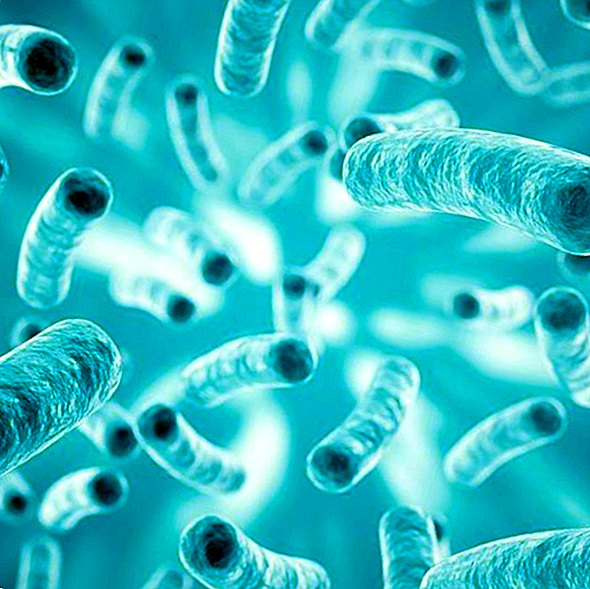WHO warns of the 12 most dangerous bacteria in the world

It is estimated that up to 99 percent of all bacteria are not scientifically researched? even on man hundreds of different species live. But not all forms are good, some are even highly dangerous to the human body. In order to get the pharmaceutical industry to act and drive the development of antidotes, the World Health Organization has now published a list of the twelve most dangerous bacteria for humanity.
Three groups of dangerous germs
The germs are divided into three groups? depending on danger level: Critical, high and medium. The danger of the bacterium depends on the resistance of the bacteria to antibiotics.
The bacteria are classified as "critical" against which even antibiotics can not do anything. These include the bacteria "Acinetobacter baumannii" and "Pseudomonas aeruginosa"that cause wound infections? and "Enterobacteriaceae"that causes damage in the gut. The bacteria are considered "high" "Enterococcus faecium", "Staphylococcus Aureus", "Helicobacter pylori", "Campylobacter", "Salmonella" and "Neisseria gonorrhoeae"which are also resistant to conventional antibiotics. These types lead to gastric ulcers, diarrhea or gonorrhea. "Medium" prioritized are the bacteria "Streptococcus pneumoniae", "Haemophilus influenzae" and "Shigella", They lead to pneumonia, diarrhea and flu. Antibiotics usually help, but there are already some signs of resistance.
Millions of patients affected by killer bacteria
Every year millions of people are affected by these bacteria, hundreds of thousands die as a result of the disease. A number that is steadily rising, as the WHO reports. By publishing its list, the organization wants to call on governments to incentivize universities and pharmaceutical companies to develop new antibiotics. Because actually we need constantly new means in the fight against the germs, since these constantly change and develop new defense mechanisms against medicines.










